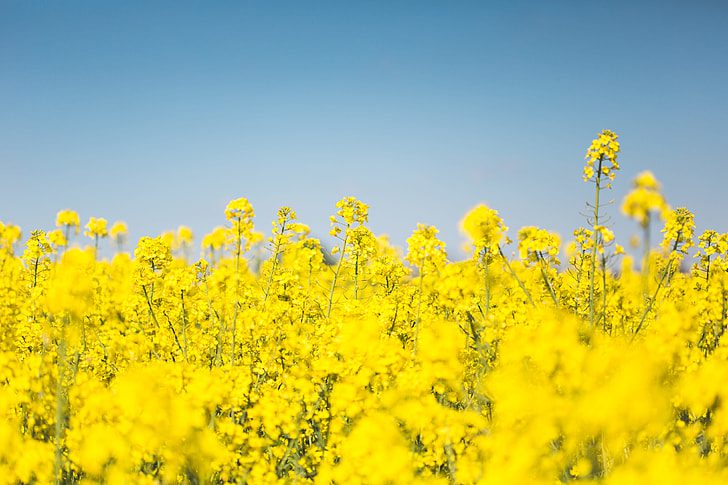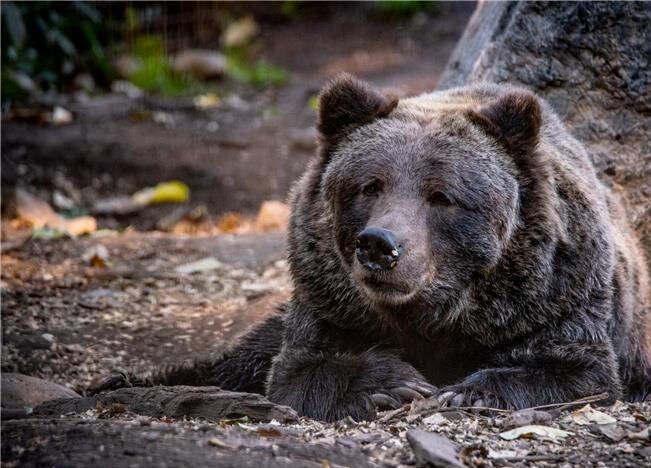Canada is putting serious money behind its biofuels industry. Prime Minister Mark Carney announced Friday a $370 million support package for biofuel producers facing tough competition from the United States and trade challenges with China.
The funding aims to strengthen the canola industry, which has been hit by China’s massive 75.8% tariff imposed last month.
“We have the U.S. flooding the market with cheaper products, and we’ve got to do more for our guys here to ensure that they can continue to operate until we get clean fuels regulations amended,” Agriculture Minister Heath MacDonald told Reuters.
The money will go toward production incentives for Canadian biofuels manufacturers. This helps address what industry insiders call “immediate competitiveness challenges” as U.S. producers benefit from more generous support programs south of the border.
Beyond cash, the government promised to simplify regulations that Canadian producers have long complained about. The current rules are seen as confusing and a major obstacle to investment in the sector. Carney pledged to amend the Clean Fuel Regulations to “spur the development of a vibrant biofuels industry in Canada.”
The Clean Fuel Regulations, which became law in July 2022, require liquid fossil fuel suppliers to gradually reduce the carbon intensity of gasoline and diesel sold in Canada. By 2030, the rules aim to decrease carbon intensity by approximately 15% below 2016 levels.
For canola farmers, the biofuels sector represents a critical market as they face serious trade disruption with China. Canada exported about $14.5 billion worth of canola products last year, with approximately $4.9 billion going to China, according to the Canola Council of Canada.
Additional help for canola producers includes increasing interest-free cash advances to $500,000 and new funding to support diversification into other international markets. This provides immediate relief while diplomatic efforts continue to resolve the dispute with China.
Some progress may be in sight. The Chinese Ministry of Commerce has extended its anti-dumping investigation until March 2026, which some industry groups see as “a willingness by the Canadian and Chinese governments to work toward a timely resolution.”
Similar Posts
Nova Scotia MP Kody Blois plans to join Saskatchewan Premier Scott Moe for a three-day trade mission to China starting Saturday to engage directly with Chinese officials about the tariffs and other trade irritants.
The canola industry has become increasingly important for biofuels production as Canada works to meet its climate goals. Imperial Oil’s renewable diesel facility in Alberta, which will use canola oil as one of its feedstocks, began production in July – marking a significant step forward for the domestic industry.
However, another major biofuel project was shelved this year over regulatory and trade concerns both in Canada and the U.S., highlighting the challenges faced by the sector.
The U.S. Renewable Fuels Association suggests that both American and Canadian producers benefit from supportive biofuel policies and should work together rather than compete. This collaboration could be crucial as both countries look to reduce emissions from transportation fuels.
Biofuels demand has become a key factor in global canola pricing as production in the U.S. and other countries has expanded in recent years, consuming a greater share of world vegetable oil crops.
For Canadian farmers and producers, the government’s support package offers some breathing room while longer-term solutions are developed. The focus now turns to diplomatic efforts to resolve the Chinese tariff dispute and regulatory reforms that could make Canada’s biofuels industry more competitive globally.



















